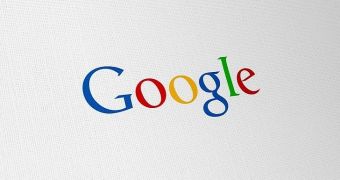Google is apparently planning on delivering ads in more ways in the future, including via thermostats, refrigerators and even glasses.
According to a newly disclosed letter that Google sent to the Securities and Exchange Commission (SEC) that is dated back to December, its famous ads could soon end up in some strange devices.
“A few years from now, we and other companies could be serving ads and other content on refrigerators, car dashboards, thermostats, glasses, and watches, to name just a few possibilities,” the Internet giant wrote.
Google expects that users will be using its services and viewing ads on an increasingly wide range of devices in the future, and thus the advertising systems are becoming “device-agnostic.”
“Enhanced Campaigns was specifically designed to help advertisers become more efficient in a multi-device future; rather than writing unique desktop campaigns, handset campaigns, and tablet campaigns, etc., Enhanced Campaigns allows our advertisers to write one ad campaign, which we serve dynamically to the right user at the right time on whatever device makes the most sense. Because users will increasingly view ads and make purchase decisions on and across multiple devices, our view of revenue is similarly device-agnostic,” Google explains.
The SEC was interested to find out why Google wasn’t telling investors just how much of its revenue came from mobile devices, like other companies did. However, the Internet giant believes that it is difficult to define mobile right now since the tech world is constantly changing.
In the beginning, for instance, tablets were considered mobile, but nowadays, they’re more like desktop computers.
One interesting part of its statement, however, is the fact that it included “thermostats” on the list. At the time when the letter was sent, back in December, Google had not yet purchased Nest Labs, but could have very well been discussing the deal that was signed in mid-January.
Nest’s privacy policy states that customer information would only be used to provide and improve Nest products and services and vowed not to share its data with Google when the acquisition took place. That being said, it looks like Google has other plans.
Since it’s unlikely that Google would want to provide untargeted ads to random Nest customers, it’s likely that the company will gather and analyze some of the data from Nest.
In the long run, it looks like Google hopes to reach even more smart devices, indicating that it’s serious in investing in the Internet of things.

 14 DAY TRIAL //
14 DAY TRIAL //